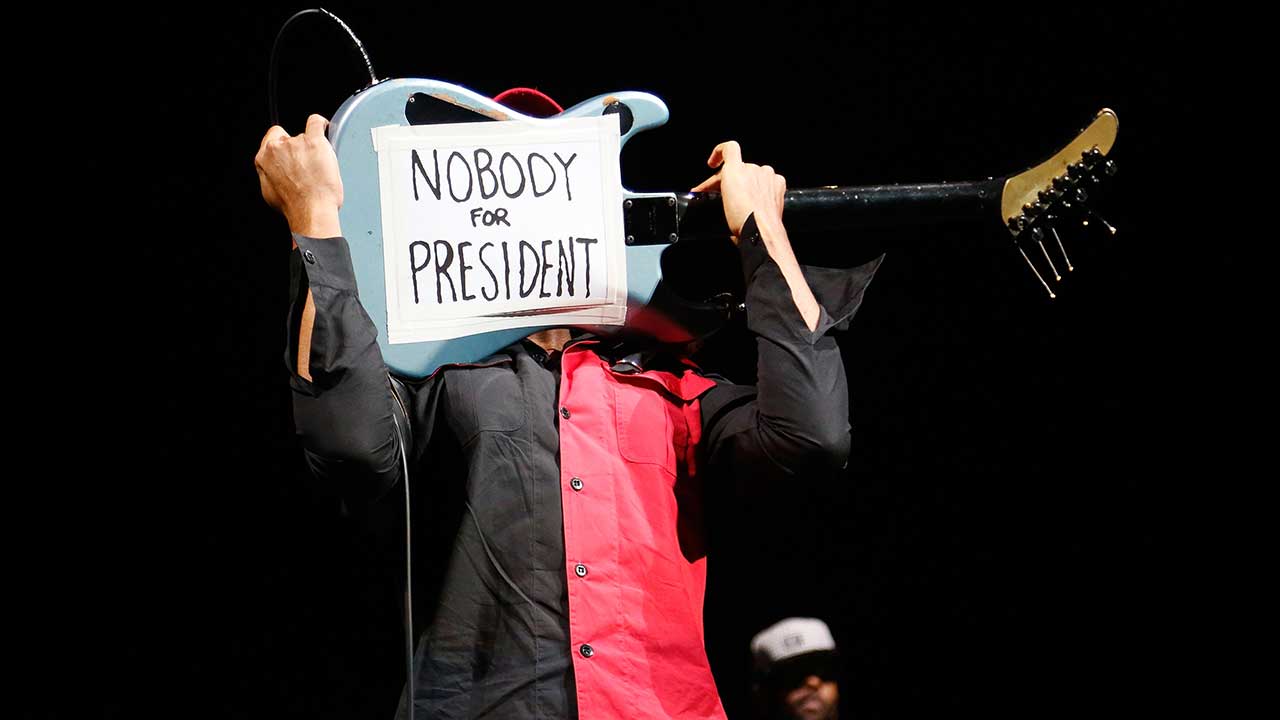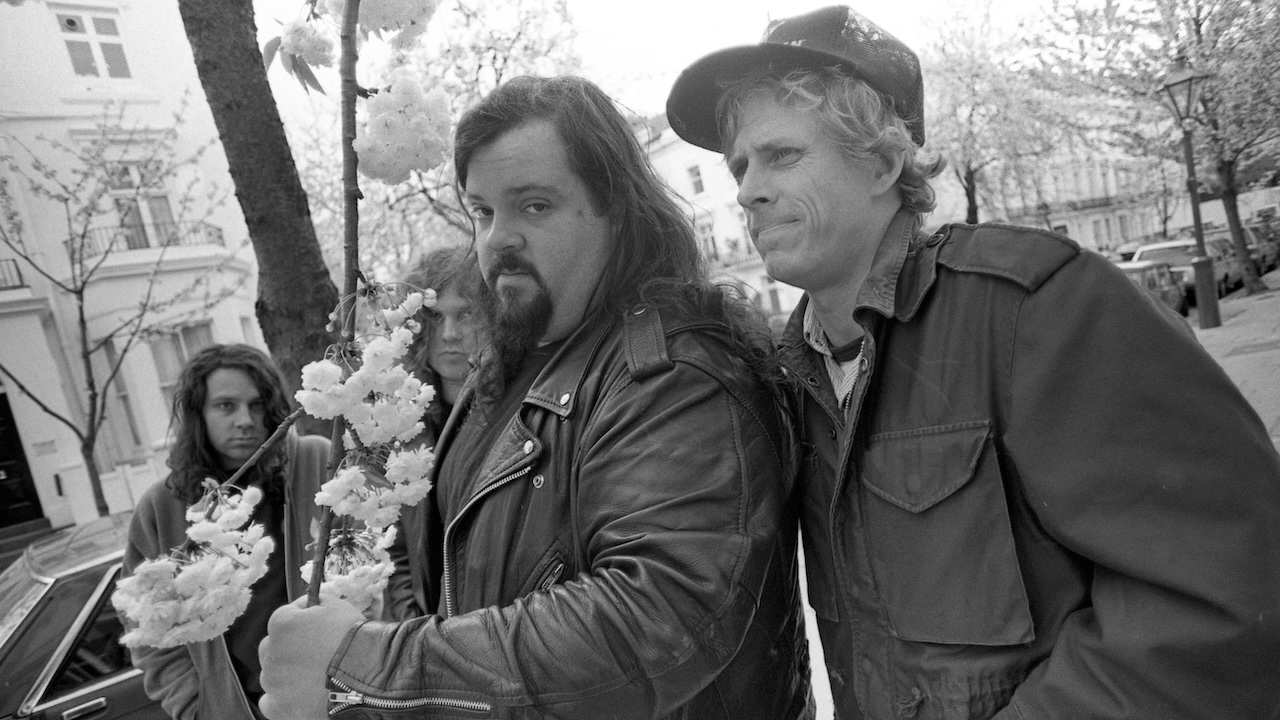Metal has always been political - deal with it
From Black Sabbath to Venom Prison, heavy metal has always raged against social injustice. Why should it stop now?

On Friday February 13, 1970, a ragtag group of four working-class Brummies called Black Sabbath released their self-titled debut album. Today it’s hailed as a seven-song slab of undiluted misery that started heavy metal and transformed music forever. However, fifty years ago, it was greeted with malicious reviews and a shrugging mainstream. Black Sabbath weren’t considered game-changing; they were an irritating, pot-smoking Cream rip-off.
Despite the backlash, the band returned less than nine months later with a follow-up: Paranoid. Again, critics were eye-rolling en masse, yet the riffing mastery of Iron Man and Fairies Wear Boots had the strength to gradually overcome and resonate with the angry kids of the world, commencing an audial revolution.
Black Sabbath’s continued existence was, in its own right, a political statement: a “Fuck you!” to the higher-class, industrial gatekeepers, defying all obstacles to redefine music forever. They were the underdog proletariat, revolting against a snobbish bourgeoisie. Songs like War Pigs – which ridiculed the rule-makers engaging in the pointless Vietnam War – reflected that.
Fast-forward to 2019 and the genre that Sabbath invented is awash with unrest. Not of metalheads raging against the machine, but now squabbling amongst themselves. The year began with the women of our subculture’s underground – most notably Ithaca’s Djamila Azzouz and Svalbard’s Serena Cherry – voicing discontent. They expressed that the male-dominated metal scene was implicitly sexist, with female musicians not having the same opportunities as their equally talented male counterparts. Astoundingly, some men responded to these enlightening perspectives with the demand to “keep politics out of metal”.
Yet those that hold such views are not only showing an empathy deficiency by dismissing the experiences of women; they are also missing the entire point of heavy metal. Black Sabbath fought against an oppressive, overbearing force that was trying to sweep them under the rug. Now, these women are doing the very same thing by standing up to the men of metal who often ignore their struggles – only to be swept under the rug by the apathetic and the sexist. Heavy metal’s very origins are that of a band overcoming elitist, class-based political manoeuvring intended to keep them suppressed. And battling with political majorities has been woven into heavy music’s DNA ever since.
By 1980, the genre that Sabbath started had been able to slowly fester and mutate into its first resolute scene: the New Wave Of British Heavy Metal. One of the frontrunners were Iron Maiden, whose blend of operatic showmanship and punk attitude was building momentum fast. To gain traction for their second single, Sanctuary, the band adorned the seven-inch with a controversial cover, where the degenerate zombie Eddie murders Margaret Thatcher. The Daily Mail caught wind of this and tried to generate nationwide uproar, while the young and hungry quintet were laughing all the way to superstardom.
Half a decade later, heavy metal had spread stateside, where its noisy vulgarity was the perfect remedy for Cold War paranoia. As Reagan and Gorbachev fumbled, unsure whether to shake hands or blow each other up, the likes of Metallica and Megadeth openly lampooned their governance. “Peace Sells… but Who’s Buying?”, the latter asked ironically – on an album where fighter jets blitz over a bombed landscape that a skeleton has branded “FOR SALE”.
Sign up below to get the latest from Metal Hammer, plus exclusive special offers, direct to your inbox!
To tell the women of 2019 to “keep politics out of metal” is an ignorant slap in the face to the escapism, catharsis and even parody that the genre has relieved a sometimes anxious fanbase with. The only difference from the ‘80s here is that Ithaca and Svalbard make the lackadaisical male metalhead the butt of their commentary. The mirror of metal’s harsh political critique has turned inwards, holding its own fans to the same moral standards as the outside world – and some of us clearly can’t handle it.

Louder’s resident Gojira obsessive was still at uni when he joined the team in 2017. Since then, Matt’s become a regular in Metal Hammer and Prog, at his happiest when interviewing the most forward-thinking artists heavy music can muster. He’s got bylines in The Guardian, The Telegraph, The Independent, NME and many others, too. When he’s not writing, you’ll probably find him skydiving, scuba diving or coasteering.
